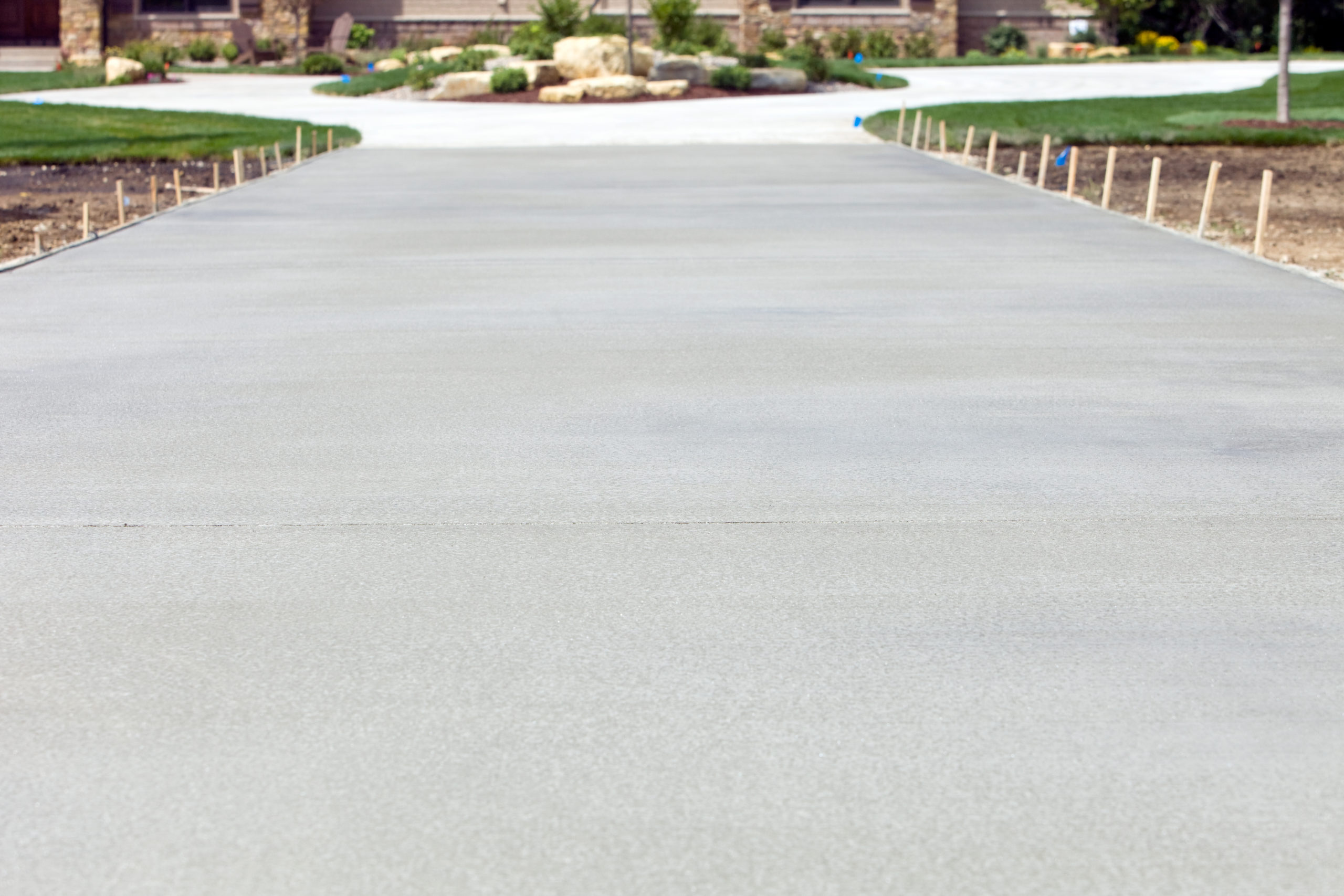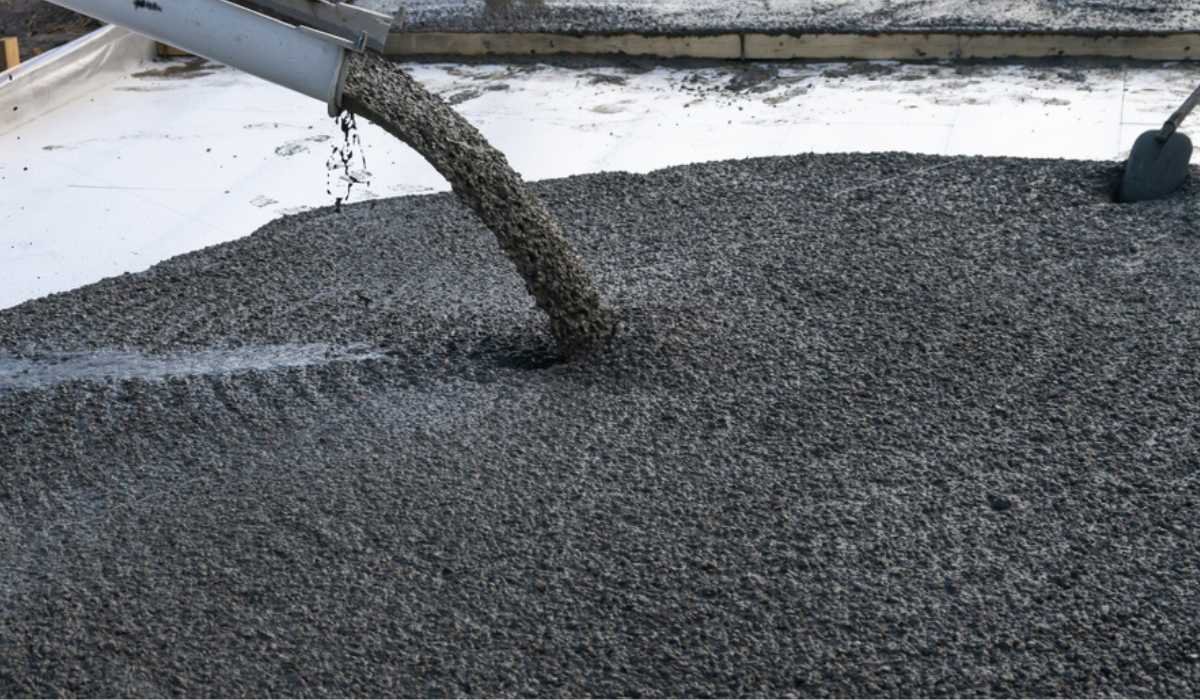Unveiling the Eco-Friendly Advantages of Using Recycled Concrete in Lasting Building And Construction Practices
In the realm of lasting building practices, the usage of recycled concrete stands as an essential yet typically undervalued resource. Past its standard applications, recycled concrete deals a myriad of green benefits that extend much beyond the boundaries of conventional building and construction products. From minimizing environmental effect to improving cost-efficiency, the effects of incorporating recycled concrete in lasting building practices are significant. This flexible material not just addresses pressing environmental concerns yet additionally presents a sensible remedy to the challenges dealt with by the building and construction market at big.
Environmental Advantages
By including recycled concrete into construction techniques, there is a significant reduction in the demand for new raw products, leading to conservation of all-natural resources. In addition, the use of recycled concrete reduces the amount of waste being sent out to garbage dumps, therefore minimizing ecological contamination and minimizing the strain on land fill capacities (Concrete).

In contrast, recycled concrete has a lower carbon footprint as it lowers the demand for brand-new concrete manufacturing. In general, the ecological benefits of utilizing recycled concrete are substantial and play a vital function in promoting environmentally friendly building approaches.
Cost-Efficiency
Attaining cost-efficiency is a vital consideration when analyzing the utilization of recycled concrete in building tasks. Among the essential advantages of utilizing recycled concrete is its cost-effectiveness compared to standard concrete. The production of recycled concrete entails much less power and resources as it makes use of existing products, reducing the general project prices dramatically. Furthermore, the availability of recycled concrete locally can even more lower transport expenses, making it a much more economical selection for building tasks.
Furthermore, the use of recycled concrete can lead to financial savings in landfill expenses by drawing away concrete waste from disposal sites. This not only lowers the environmental effect but likewise removes the costs connected with waste elimination. Furthermore, the durability and efficiency of recycled concrete approach traditional concrete, making sure that price financial savings do not endanger the quality of the construction.
Toughness and Strength
Thinking about the substantial cost-efficiency advantages of making use of recycled concrete, it is necessary to examine its toughness and toughness in construction applications. Recycled concrete offers equivalent, otherwise remarkable, longevity and toughness properties to traditional concrete. Through innovations in handling strategies and quality assurance, recycled concrete can fulfill or go beyond the efficiency requirements of standard concrete. The use this link process of recycling concrete includes crushing, arranging, and screening old concrete to create accumulations that can be made use of in brand-new construction jobs. These recycled accumulations are capable of providing satisfactory compressive stamina, toughness, and long-term performance.

Waste Reduction
Effective waste decrease techniques play an essential duty in the lasting use of resources within the construction market. When it comes to making use of recycled concrete, waste decrease is a key advantage that adds significantly to ecological preservation. Standard building approaches commonly generate significant amounts of waste, particularly in the form of concrete rubble from demolition websites. By including recycled link concrete into building and construction jobs, this waste is repurposed and drawn away from land fills, decreasing the general environmental influence of building tasks.
In addition, the usage of recycled concrete can lead to cost savings for building and construction projects, as it is commonly extra economical than sourcing and transporting brand-new materials - Concrete. In final thought, waste reduction via the use of recycled concrete is an essential part of sustainable construction practices that profits both the building and the environment market as a whole.
Energy Conservation
When it comes to making use of recycled concrete in building and construction, substantial energy financial savings are achieved contrasted to typical concrete production. The procedure of generating recycled concrete includes crushing and reusing existing concrete materials, which eats less power than mining, processing, and delivering raw products for brand-new concrete production.
Conclusion
Finally, the usage of recycled concrete in click resources sustainable building methods offers various ecological advantages, cost-efficiency, durability, strength, waste reduction, and energy preservation. By integrating recycled concrete right into building and construction projects, we can add to a more lasting and environmentally pleasant future. It is crucial for the building and construction sector to focus on the use of recycled products to help lower the ecological effect of construction tasks.
One of the vital benefits of making use of recycled concrete is its cost-effectiveness compared to conventional concrete.Moreover, the usage of recycled concrete can lead to financial savings in landfill costs by drawing away concrete waste from disposal websites. The toughness and efficiency of recycled concrete are similar to conventional concrete, making certain that price savings do not jeopardize the high quality of the building and construction.
